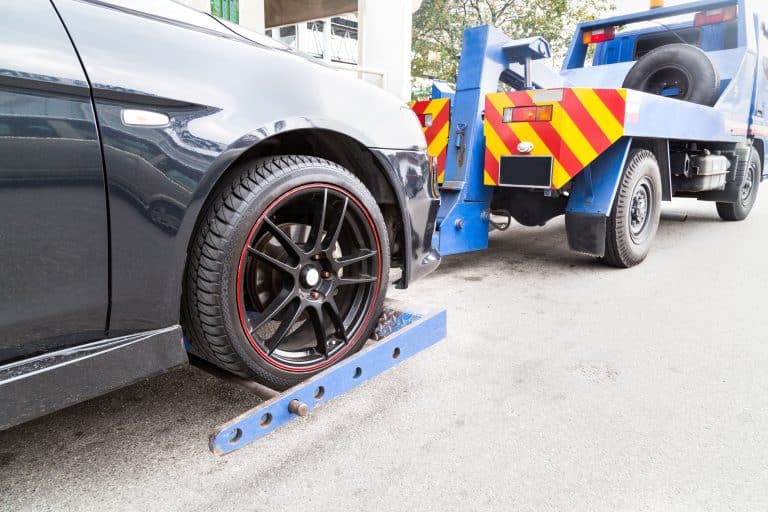If you’re ever stopped by a police officer in your vehicle, there is a chance he or she will ask to search it. Sometimes, the officer won’t even ask. While this can feel like an invasion of privacy, officers should (and usually do) have arguably legitimate reasons for a search. However, do you have to consent? What if there is something embarrassing – but not necessarily illegal – in your vehicle that you don’t want them to find? What if you’re afraid you will be falsely accused of a crime?
Below, we explain when and how NYC police officers can search a vehicle, including basic rules governing this type of search, whether an officer needs a warrant, whether they can search a locked trunk or case inside the vehicle, and when you can refuse. After reading this article, you will be better prepared if and when an officer asks to search your vehicle.
General Rules for Police Searches of a Vehicle
Generally speaking, a New York City police officer can’t search a vehicle unless they have probable cause or reasonable suspicion to believe a crime was committed or is about to be committed.
For example, if an officer stops a vehicle for a traffic infraction, they have the right to get information from the motorist. However, the officer can’t search the vehicle unless they see something illegal or potentially illegal in plain sight, like drugs or a handgun. Even then, searching the entire vehicle would require something more, such as if it was stopped in an area known for drug activity.
If all the officer sees in plain sight is drug paraphernalia, they can’t search the vehicle, but they do have enough reasonable suspicion to call a K9 unit that has been trained to find illegal drugs. If the dog signals that it smells something, this would justify a search.
Do I Have to Consent to a Police Search of My Vehicle?
A motorist doesn’t have to consent to a search of their vehicle. However, if the officer has a search warrant or reasonable suspicion of illegal activity, they can search the vehicle with or without consent.
If the motorist does consent to a search, the officer can proceed regardless. However, they have to prove that the motorist did indeed give their consent, which means there needs to be another officer present. Otherwise, if something illegal is found and the motorist is arrested, when it comes to consent for the search, it will be just one officer’s word against the motorist’s.
If the motorist initially gives their consent for a search and then changes their mind, they can revoke consent. At that point, the officer must stop the search unless they have reasonable suspicion or probable cause to continue. However, even if they stop, the officer can take into account anything they have already found in determining possible criminal activity.
Although a motorist has the right to refuse a search (which may or may not be honored, depending on the circumstances described above), the officer doesn’t have to inform the motorist of this right. All the officer has to do is inform them of their Miranda rights if they arrest the person. This is the case even though most people don’t know that they can refuse a police search.
Can Police Search a Trunk, Glove Compartment, or Case?
An officer can’t search a glove compartment, trunk, or case on the seat without a search warrant or consent from the motorist. Reasonable suspicion usually doesn’t come into play in this situation, because most of the time, an officer couldn’t reasonably suspect something is illegal in a container they can’t see into without opening. If they do open it without a warrant or consent, anything they find will be inadmissible in court if there is an arrest resulting from the search.
An exception to this rule is if the officer sees something in plain sight like blood on the floor or on a knife. In this situation, they can require the motorist to open the trunk because it might contain a dead body or someone who needs medical attention. Similarly, if there’s a weapon in plain sight, the officer can search the glove box or a container for other weapons. If the officer reasonably suspects that a large container holds a person, they can search that as well.
Can the Smell of Marijuana Alone Justify a Vehicle Search?
If the officer doesn’t see anything indicating that the motorist is driving under the influence of marijuana, such as profuse sweating, red eyes, etc., they can’t search the vehicle without consent even if they smell the drug. The most the officer can do is question the motorist, because there could be some legal reason for the odor, like a passenger smoking. To justify a search based on the smell of marijuana alone, the officer has to see someone operating a vehicle while they’re smoking it.





